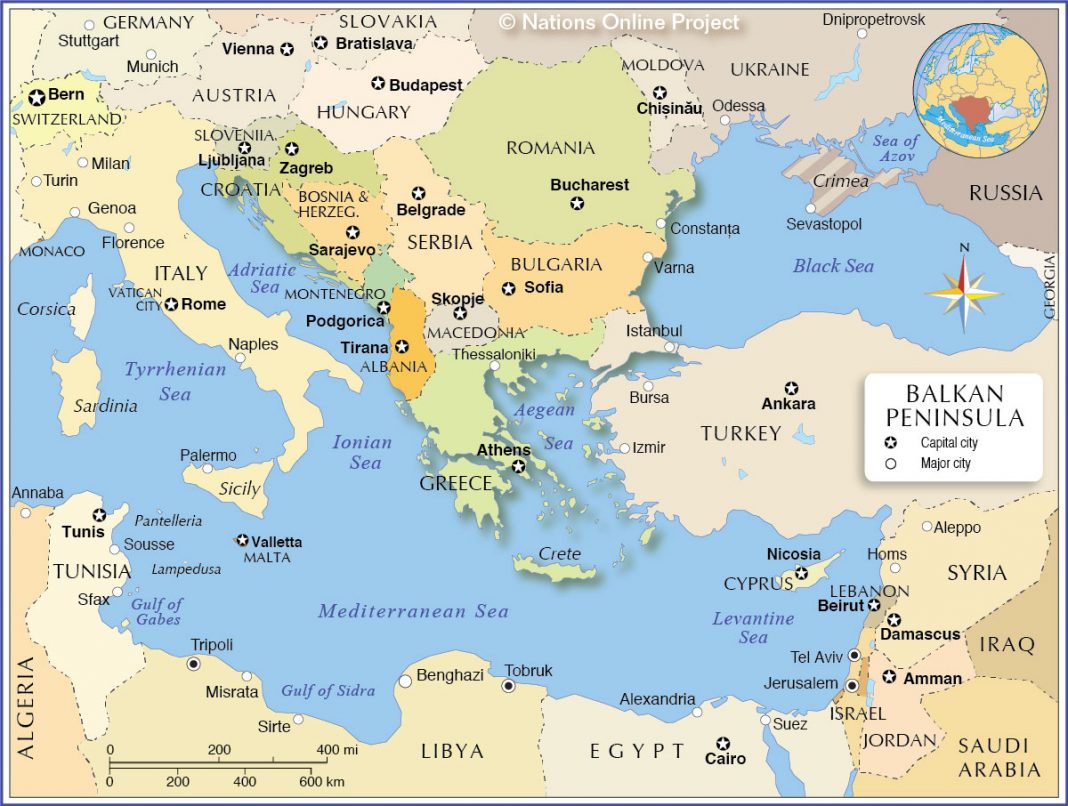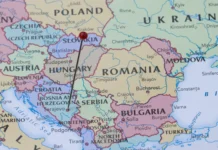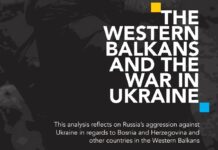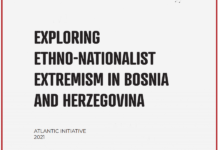More than 100 foreign ministers, diplomats and politicians from the region gathered in Pristina over the weekend to attend a conference focusing on “Southeast Europe in a Multipolar Era”. Discussions targeted the position of Southeast Europe among the EU, Russia and Turkey.
Albania’s Foreign Minister Edmond Haxhinasto said that the region has undergone changes through the years, which has affected European foreign policy.
“In these two decades, the Western Balkans have experienced a radical transformation. See all the substantial improvements: economic growth, increased stability, functioning democracy, and progress towards implementing the reform agenda that promotes the EU,” Haxhinasto said in his address to the conference.
Bulgaria’s Foreign Minister, Nickolay Mladenov, said that the Balkans are not a priority for the EU at the moment, and the financial crisis is making it difficult to think about foreign policy. Therefore, he said, the region has to start producing “good news”.
“The integration process in the Western Balkans faces two dangers. One is in the relationship between Kosovo and the EU, which remains the only spot on the map of the Balkans whose place in the integration process remains unclear. Another danger is a fatigue in the Balkans about expansion, where the euphoria among young people is giving way to nationalism and xenophobia,” Mladenov said.
“However, we look forward to the moment when Kosovo and Serbia become part of the EU, which is very important for the development of the region,” he added.
Turkey’s Ambassador to Kosovo, Songül Ozan, said that the Balkans are the heart of Europe, and without them, Europe is not complete.
“All Balkan countries should be in the [EU] in the near future; the entire focus of this debate has been in this direction,” said Ozan.
Nihat Bekteshi, a professor of international relations, told SETimes that the Balkans would be negatively affected by the changes in Europe.
“The current financial crisis has made some countries in the EU, mainly France and Germany, look into a double European system, in which some countries would be part of a deeper integration and some of a sort of integration,” Bekteshi said.
He says that the region needs a common strategy to address the issue of enlargement.
“The governments in the region should … [lobby] to not allow a fatigue in the enlargement process, but also make clear what the risks would be if the region is forgotten,” Bekteshi said.
Pristina political commentator Fatlum Sadiku told SETimes that the conference has shown the need for broader discussion about the region’s position in international relations.
“Southeast Europe is an important region which can play an important role in the European and international arena. This region can be a bridge between the West and East, but it has not used its resources to play such a role,” he said.
Sadiku said that the history of ethnic relations in the region presents a challenge for the future.
“The Balkans will be on the European agenda due to the Kosovo-Serbia conflict, which will push the EU to move on regarding the enlargement process, but the problem of ethnic relations should be replaced by closer co-operation, and models need to be found.”
Source: Link (November 2011.)








